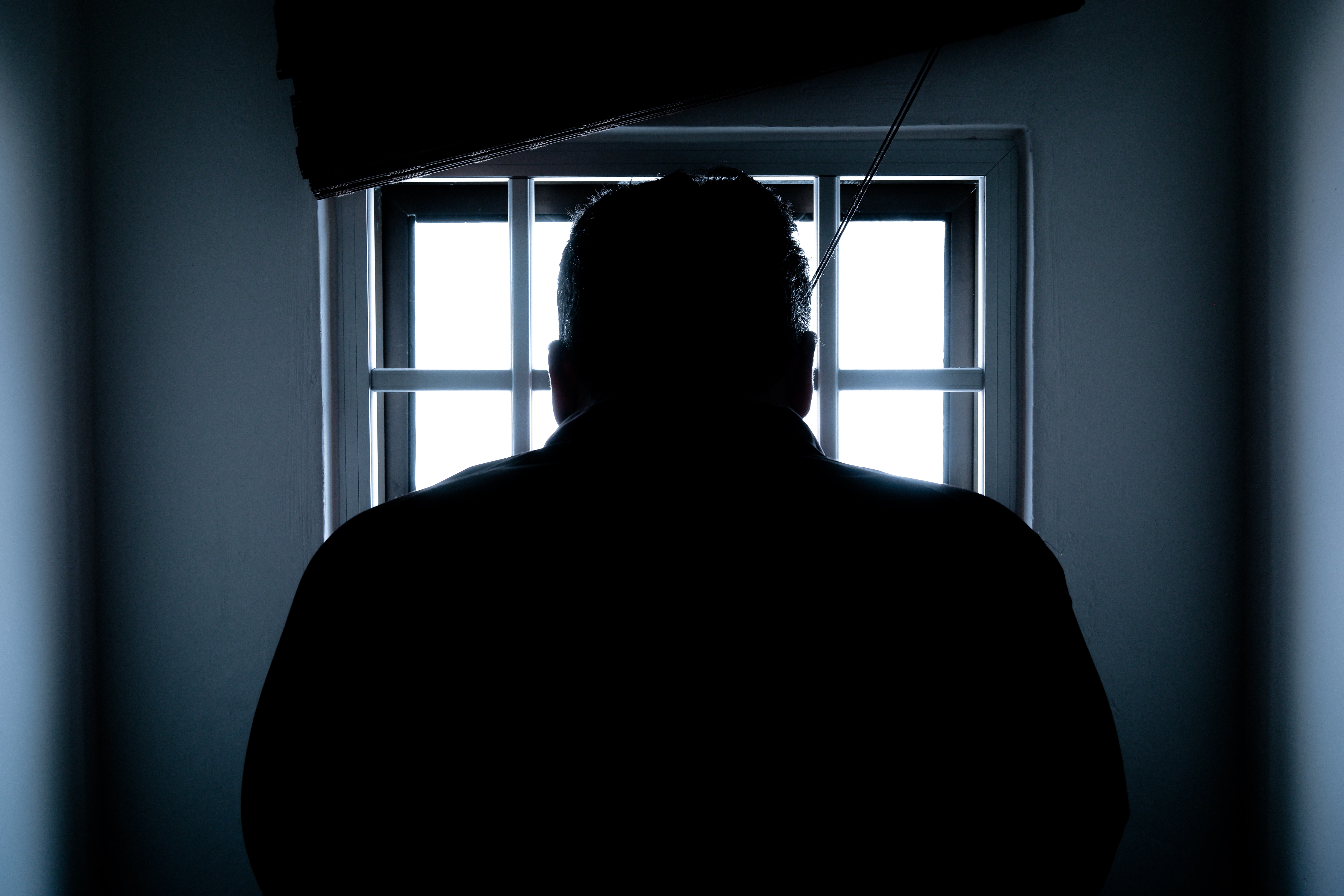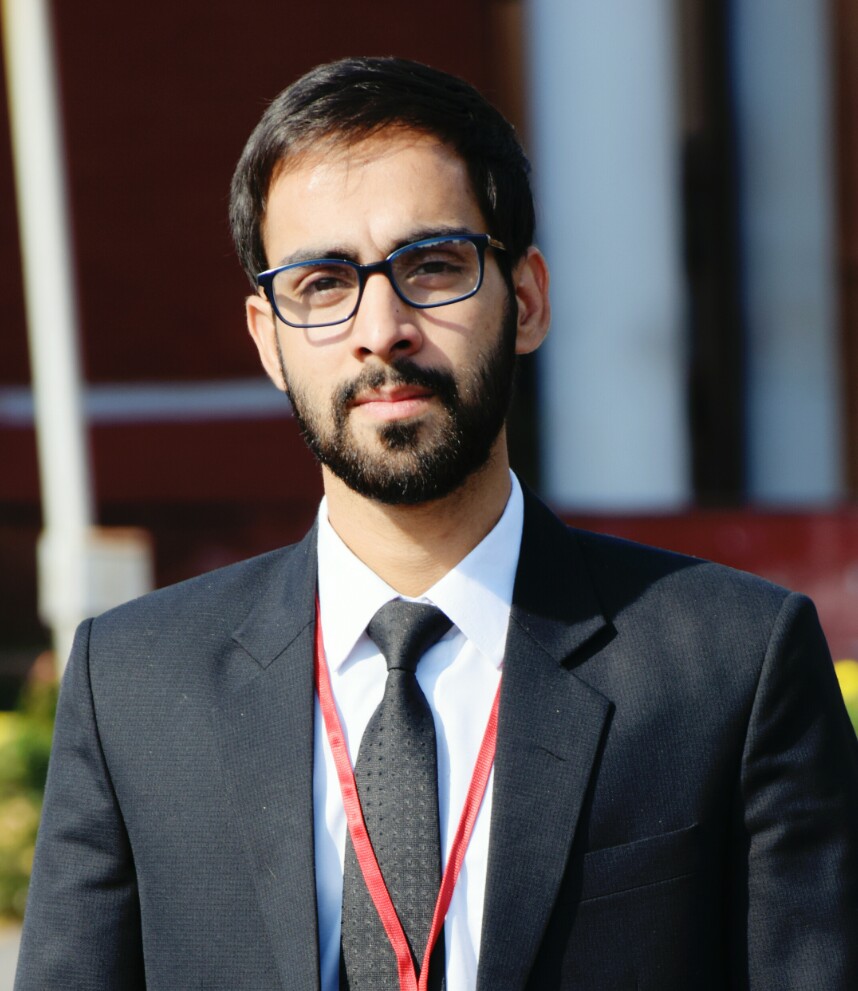Abolition of Capital Punishment.
03. June 2018 at 20:30
Capital Punishment is the practice of executing a person by way of punishment for committing grave or heinous offences. The term ‘Capital’ is derived from the Latin capitalis, which means "concerning the head"; therefore, to be subjected to capital punishment means to lose one's head. Capital Punishment means, the infliction of the death penalty as punishment for committing certain grave offences e.g. Murder, Rape with injuries that may result in the death of a victim, waging war against the state, mutiny and its abetment, abetting the suicide of a minor, intoxicated person or mentally ill person, kidnapping for ransom, dacoity accompanied by murder, giving or fabricating false evidence with intent to procure a conviction of a capital offence.
 There are approximately nine methods which are used in exercising capital punishment, these may include: hanging, shooting by firing squad, shooting, beheading, lethal injection, electrocution, and falling from an unknown height. The most prevalent among these is execution by hanging. India is one of the countries where execution is also done by hanging the convict. But under the 1950 Army Act, hanging as well as shooting are both listed as official methods of execution in the military court-martial system.
There are approximately nine methods which are used in exercising capital punishment, these may include: hanging, shooting by firing squad, shooting, beheading, lethal injection, electrocution, and falling from an unknown height. The most prevalent among these is execution by hanging. India is one of the countries where execution is also done by hanging the convict. But under the 1950 Army Act, hanging as well as shooting are both listed as official methods of execution in the military court-martial system. But if we look at the Article 21 of the Indian Constitution, it states that “No person shall be deprived of his life or personal liberty except according to procedure established by law.” Now further widening this schism, the Supreme Court ordered in the Bachchan Singh case that the death sentence can only be applied in the “Rarest of the Rare” case and the courts should give ‘special reasons’ while awarding the punishment. But if we observe this concept of ‘Rarest of the Rare’ cases, then we will find that awarding Capital Punishment in India has all the rationality of a ruling table. There is no certainty and proper criteria to decide the “Rarest of the Rare” cases.
There is enough possibility of executing an innocent person as there is a probability of wrong judgment. Almost 90% of the time, when Capital Punishment is awarded by the Trial Court, the punishment is being reversed either by the High Courts or Supreme Court. It means that the Judiciary don’t have a proper rationality. It also indicates that the Judiciary is wrongly applying Capital Punishment in different cases. Death penalty as a punishment can operate only in a country where there is fair and just mechanism which is efficient and flawless.
Clearly, our country is not free from corruption and also it does not have sufficient checks and balances to ensure that there is no miscarriage of justice. Moreover, death penalty is not deterrent to criminals and hence there is no evidence of less crime rate due to death penalty. So till the time, we have some rationality in this entire system, there must be a moratorium on Capital Punishment or it should be abolished.
However, the courts may or may not award Capital Punishment in these mentioned cases. The Law Commission of India recently recommended for a swift abolition of Capital Punishment in all cases, except Terrorism-related cases and those cases which deal with Waging War against the State. It is one of the landmark recommendations of the Law Commission of India and if this recommendation is accepted by the Government of India, India would enter into a League of Nation. Because more than 140 countries of the world have already abolished Capital Punishment.
There are five phases of Capital Punishment which took place in Independent India.
Firstly, during 1950-55, when capital punishment was a rule in capital offenses and life imprisonment was an exception to this general rule.
Secondly, during 1955-73, when court became more independent in deciding whether to grant life imprisonment or capital punishment, it was the age of Judicial Discretion. For example, in Jagmohan Singh’s case, the court did not only looked into the constitutional validity of death sentence but also discussed the position in other countries, structure of Indian Criminal Law and various bills were proposed in Parliament.
Thirdly, during 1973-80, when life imprisonment began to used as a substitute for Capital Punishment.
Fourth, during 1980-83, it is the landmark phase in the history of capital punishment. In 1980, Doctrine of “Rarest of the Rare” case took birth in Bachchan Singh’s case. In this case, Supreme Court sought to restrict the use of death penalty by specifying it as a punishment reserved for only “Rarest of the Rare” cases.
Lastly, the fifth phase is known as Post Bachchan Singh’s Era. This period has serious situation to decide for or against the capital punishment. The execution is dependent on various factors like the personal inclination of judges, administrators and the political environment at that particular moment.
For instance, in Naroda Patiya case, Maya Kodnani was imprisoned for life whereas Ajmal Kasab was awarded death penalty. This kind of use of prerogative has also been shown in the judgment of Bhullar and M. N. Das. Same happened in Dhananjoy Chatterjee & Raosaheb case. Both the accused committed rape and murder of their victims, but only Dhananjoy was awarded death penalty & Raosaheb was sentenced to life imprisonment. Hence, we can say that it is totally dependent upon the thinking and ideology of Judges in the principle of awarding death penalty or they have faith in a humanistic approach. So till the time, we have some rationality in this entire system, there must be a moratorium on Capital Punishment or it should be abolished.
For instance, in Mohinder Singh Case, Mohinder Singh raped his own daughter in 1999 and was awarded 12 years of imprisonment. Later in 2005, the accused Mohinder Singh is released on parole & while on parole, he kills both his wife as well as the daughter he raped earlier. Now, the trial court awarded Mohinder Singh death sentence. This death sentence was also confirmed by the High Court. But in 2013, the Supreme Court Bench of Justice P. Sathasivam and Justice Fakeer Kalifulla ruled that this is not ‘Rarest of the Rare’ cases because Mohinder Singh is not the gravest threat to the security of the people. Hence, his capital punishment was canceled.
In another case, an individual had kidnapped the seven-year-old boy, and after kidnapping him, he killed the boy. The Supreme Court, in this case, ruled that this is the “Rarest of the Rare” case.
Justice P. Sathasivam and Justice Jagdish Kehar ruled among many other things that “imagine the plight of a family. Imagine the plight of the parents of the 7-year-old boy, who lost their only male child, who would have carried forward the family’s lineage”.
Therefore, this rarest of the rare doctrine is not a sufficient ground on which you can say death sentence can be awarded in a rational manner.
Arguments in favor of abolition of Death Penalty
Baccaria’s Treatise: Capital Punishment had its broad genesis in 1764 when an Italian Jurist, Cessare Baccaria, published his treatise, “On Crime and Punishment” which condemned torture and the death penalty.
In this, Baccaria argued, that abolition of Capital Punishment is crucial for the transition of state from Barbarism to Civilized one. Baccaria asked a question: Is it not absurd that Laws which detect and punish for homicide should in order to punish homicide publicly commit murder themselves? The question asked by Cessare Baccaria is to symbolize the active adventurism of the Judiciary and to connote that, the State does not have the right to snatch the Life and Liberty of an individual because it violates Social Contracts.
Irrevocability: If a person has committed a crime and he is awarded life imprisonment by the Judiciary. If after some years, it is found that he did not commit this crime and was wrongly imprisoned, he may be released. But, what if he is already hanged? This means that the death sentence is irrevocable. You cannot revoke the judiciary’s mistake as happened in Santosh Kumar Bariar case. In this case, the Supreme Court held that the previous 13 judgments in which Death Sentences were awarded to the convicts were delivered in ignorance of the Law and contrary to the guidelines laid down by the Supreme Court in Bachchan Singh case. But the contention is, out of these 13 individuals, 2 have already been hanged.
There is enough possibility of executing an innocent person as there is a probability of wrong judgment. Almost 90% of the time, when Capital Punishment is awarded by the Trial Court, the punishment is being reversed either by the High Courts or Supreme Court. It means that the Judiciary don’t have a proper rationality. It also indicates that the Judiciary is wrongly applying Capital Punishment in different cases. Death penalty as a punishment can operate only in a country where there is fair and just mechanism which is efficient and flawless.
Clearly, our country is not free from corruption and also it does not have sufficient checks and balances to ensure that there is no miscarriage of justice. Moreover, death penalty is not deterrent to criminals and hence there is no evidence of less crime rate due to death penalty. In fact, death penalty cost very much to the government in comparison with lifetime imprisonment as it requires more rigorous court procedures i.e. involving more time of judges/lawyers, safety mechanism etc. Capital punishment should be banned because nowadays the people who have money can manage to escape from the punishment.
Sadly, but the current scenario is, if you have money, you are not a rapist, criminal, or committed any crime. We don't want a law which takes away the natural right of the person to live. We should follow reformative justice but not retributive justice. Law was made by the people to safeguard them, but not to kill people in the name of the law. Law of nature and humanity prevails over everything. Only God should take away life from this planet, any other way amounts to murder.
Assuming that the accused person does not deserve to enjoy human rights because he had committed a crime, is there any difference between him and us if we do the same? We should not believe in ‘eye for eye’ theory, as it will make the ‘whole world blind’. Some people may argue that the death penalty creates fear among people and thus stops them from committing a particular crime. But honestly, I don't see any decline in crime rates. Apart from this, how do we call it a society where fear is to be generated in order to maintain law and order.
If capital punishment is the solution to reduce terrorism, did hanging of Ajmal Kasab reduce terrorism? Why do we only focus on Capital Punishment and not on other aspects as well? We should regulate better policies, so that, batter law and order should be maintained. Effective prosecution conduct should take place in every trial. Our prime motive should be to eradicate Crime instead of Criminals and it is proved that death penalty doesn’t help in removing crime. A Criminal or Terrorist, being very aware of the fact that he will be killed after committing the forbidden act, he, therefore, commits the crime and after the commission of that particular forbidden act, he is awarded death penalty for which he was ready in advance.
The death penalty is a quick way-out and all suffering ends within minutes. Now imagine a criminal given the whole life sentence, not only 12-14 years. If you want a criminal to face punishment equivalent to his crime, it will be a lifetime imprisonment, not a death penalty. Life imprisonment is justifiable as there is always a chance of change in criminals. Life imprisonment not only punishes the criminals but also institutionalize them. In this way, criminals gain an opportunity to feel genuine remorse. There must be a restoration of Restorative & Reformative justice from Deterrent justice as there is no conclusive benefit in this regard. The death penalty is a quick way-out and all suffering ends within minutes. Now imagine a criminal given the whole life sentence, not only 12-14 years. If you want a criminal to face punishment equivalent to his crime, it will be a life time imprisonment, not a death penalty. Life imprisonment is justifiable as there is always a chance of change in criminals. Life imprisonment not only punishes the criminals but also institutionalise them. In this way, criminals gain an opportunity to feel genuine remorse. There must be restoration of Restorative & Reformative justice from Deterrent justice as there is no conclusive benefit in this regard.
Cite This Article As: Abrar Ahmed Nawaz Qureshi. "Abolition of Capital Punishment.." International Youth Journal, 03. June 2018.
Link To Article: https://youth-journal.org/abolition-of-capital-punishment





Link To Article: https://youth-journal.org/abolition-of-capital-punishment
















